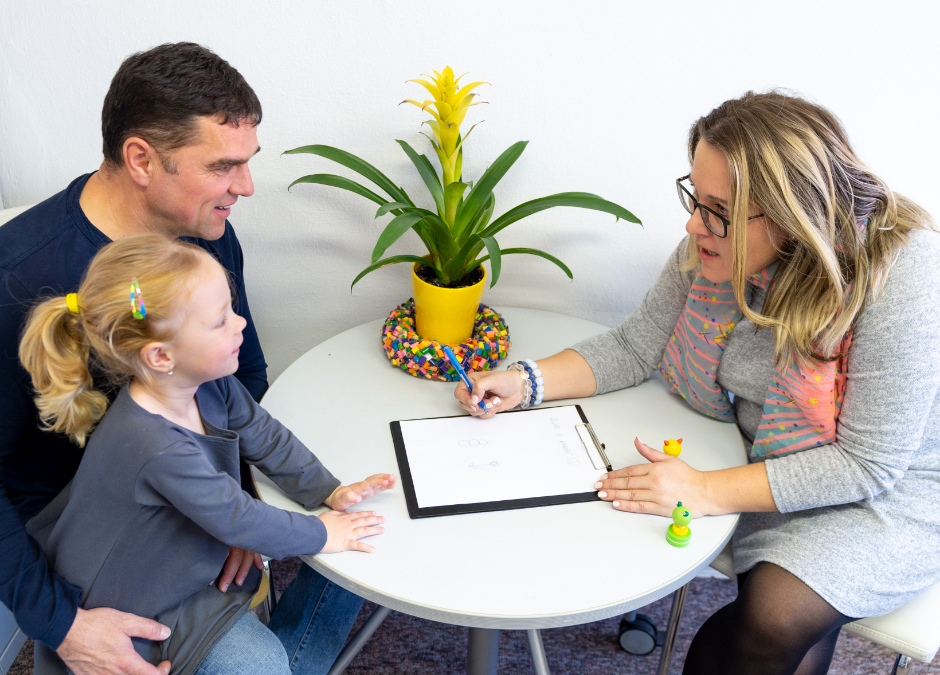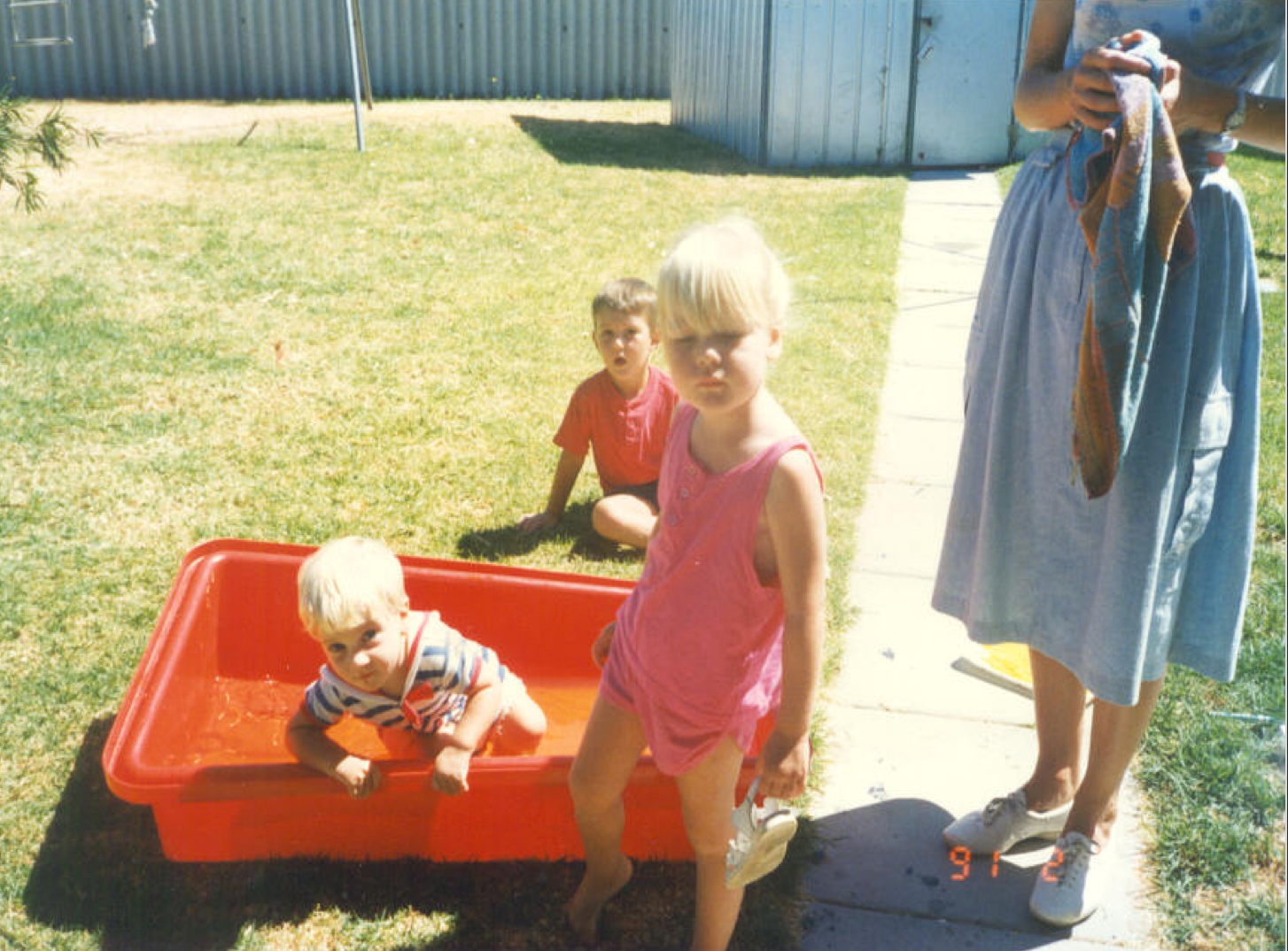As parents, we have an opportunity, even with the tinniest of our children
to begin a practice that will support them build communication skills for ongoing success
Inspired by Daniel Goleman’s new newsletter, that you can find here. https://www.linkedin.com/pulse/welcome-my-newsletter-emotional-intelligence-daniel-goleman-goleman-2f/
Old World Parenting
If you were like me, and my parents, when the kids were little, we assumed we knew best AND that all we needed to do was make sure that we took care of the kids. We took our responsibility seriously and did what we thought was best, being our bigger and stronger grown up selves.
The gap was that we got caught in the old paradigm of children just need to be told what to do. Certainly, the work of people like Daniel Goleman and Daniel Siegel was not even published when most of my children were born. And when I was being raised, the concept of children as people to be emotionally nurtured was really new. (Explore the work of Virginia Satir for more background).
Generational Trauma Effect
I started out with just having a desire to do differently than my mum, who was overwhelmed and emotionally unavailable, which I now recognise was her surviving her own traumatic experiences.
Not a Child’s Responsibility
As a child, managing our parents feelings is neither of interest nor my responsibility to manage, though typically as a child, as does any child, I took emotional ownership of the problem.
The Child’s Perspective
The problem to understand then becomes how a small child processes their experience. In The Whole Brain Child by Daniel Seigel and Tina Payne Bryson, we discover the development stages from birth to having a whole brain at age 10. Yes, a human doesn’t have all the pieces of the brain until age 10. But wait. There’s more. Then the brain goes through further development to clear and strengthen in preparation for adulthood. Which is why our tween and teen children are still learning and developing towards adult brain, which research is indicating is now ages 24-28.
In the mean time, in order to be empowering healthy communication with our children, the same principles apply as are shared in the linked article by Daniel Goleman.
When two people talk, the more powerful person pays less attention than does the less powerful one. (as the parent we need to appreciate that this disempowers our child and effects the meanings they create).
Historically, the person with the power looks at the other person less, interrupts more, and takes over the conversation.
There’s a better way to listen and to speak:
- Be present. A classic article in the Harvard Business Review, called “The Human Moment at Work,” advises us to turn away from our screens, turn off our inner monologue and pay full attention to the person in front of us.
Many parents are growing an understanding about this. It’s certainly feedback I got through my husband from you younger son, is that when he was a kid, I was often in attendance, though not present as in paying attention to what he was doing/saying. That is feedback I have to own, because I was more of the supervisor mum than a highly engaged one. It’s something that is being repaired in more recent years, though could have been avoided with a little more awareness.
- Let them say what they need to. That is, don’t cut the other person off. Give them the air time they need.
This includes, listening without judgement, justification or defensiveness. We are building a relationship with our future teen and adult child. They need to learn to trust that we are part of their team, their safe haven to return to.
Yes we can teach them, though important to avoid judging them. Let me assure you, they do enough in their heads themselves, they don’t need any additional feedback about how wrong they were. They need support on how to do better next time. Not by telling but by listening and being genuinely curious about their thinking processes.
- Be sure you understand. You can use “reflective listening,” where you repeat back in your own words what you hear the other person saying. Include how they feel. Let them clarify, until you get it right.
Alternately, as you go through the Validate, Empathise, Curiosity process, is to ask clarifying questions like, “how so”, or tell me more”.
*Say what you think. Express what’s true for you. Here it helps to tune into yourself, being mindful of your feelings and giving yourself time to let your thoughts take shape.
*The younger your child the less relevant this particular piece is. For children under the age of seven, you might share some thoughts, though separate to the VEC process, which is about and for them.



Hijacking
I don’t know about you, but when we start sharing our thoughts with our child, we’ve made the conversation about us. As my husband describes it, it’s hijacking the situation and distracting the purpose.
We are talking about a child/adult relationship. Reciprocity of feelings, sharing feelings is an adult to adult expectation. As mentioned earlier, it is not a child’s job to care about our feelings. Though we can support them learn, outside of their emotional learning moment when they are navigating a problem solution.
It’s tough for those of us who may have had the emotional hijacker parent growing up. The one who seemed to always pivot the discussion to their perspective. Some of us have even ended up taking that behaviour forward, without conscious awareness.
Now we have the awareness, we can practice how to become an even better communicator. This grows and strengthens the relationship between parent and child.
It’s not easy to pivot the way we have always approached the discussions. The concept of letting our child lead with their needs can be a bit of a challenge. However, when we learn to embrace that challenge, we can end up with better communication skills across our entire experience.
Imagine having empowered discussions with all the people you come into contact with.

I’d love to know what stood out most to you.
Let me know your thoughts.



